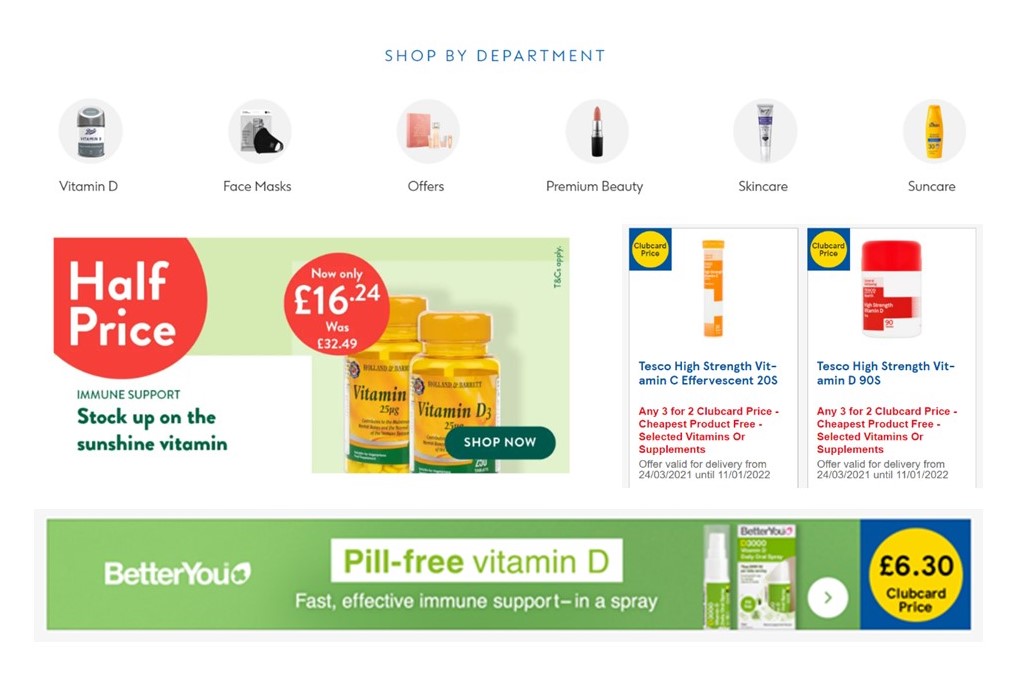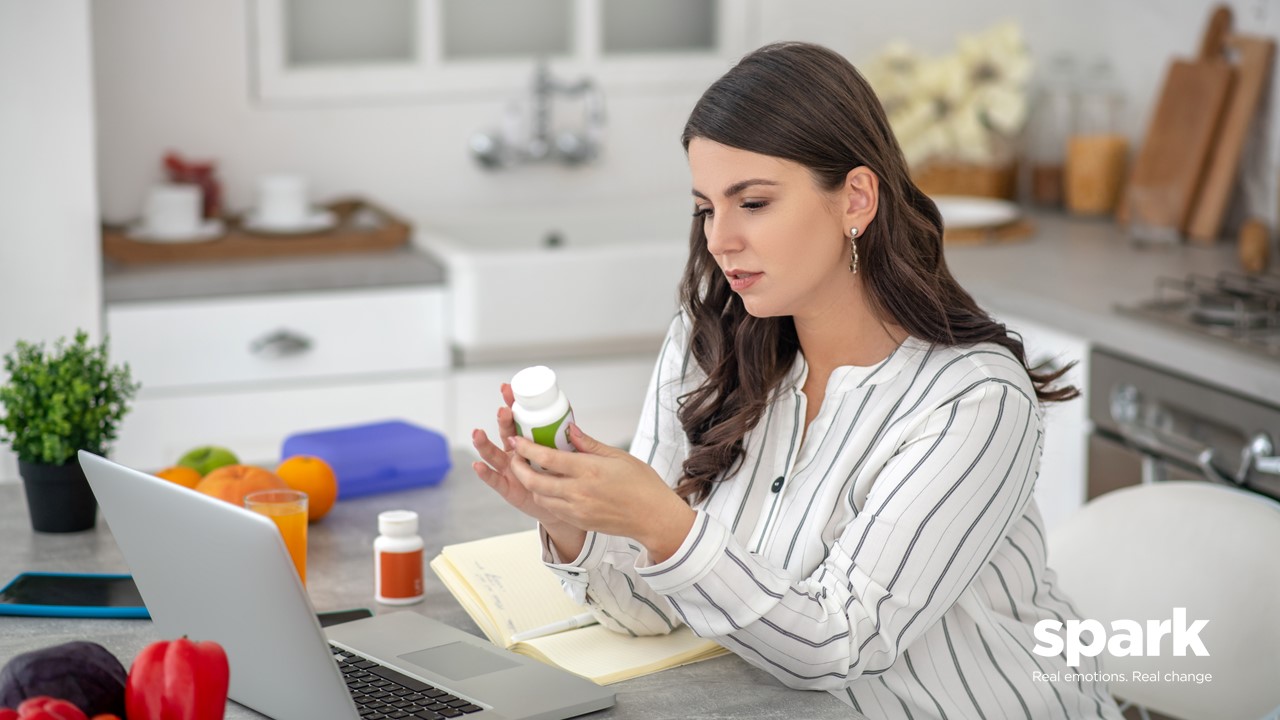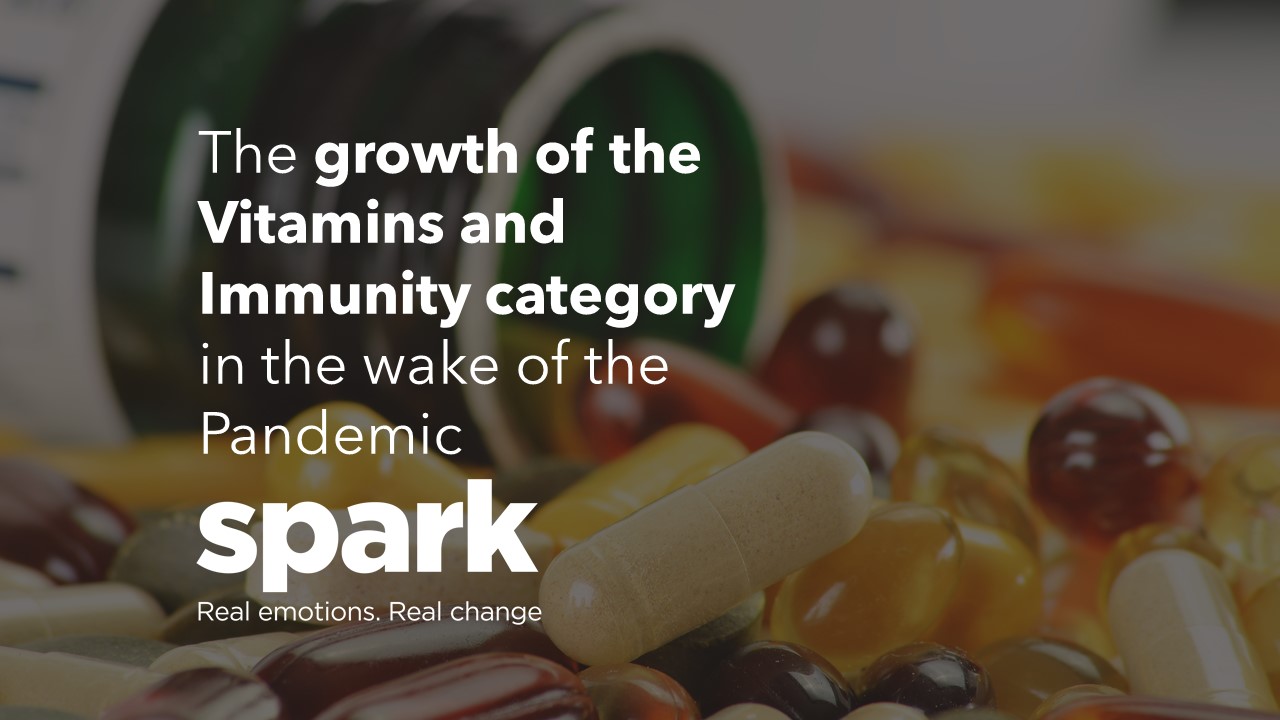In recent years, we have seen a steady increase of people taking more of an active stance around their health and wellbeing. This trend was accelerated at an unprecedented rate with the arrival of the COVID-19 pandemic and has been seen to be expanding ever since.
Since the start of the pandemic, we have seen an increase in autonomy with regard to personal health as people sought to gain some control following the disruption and turmoil provoked by the virus. This saw more self-diagnosing, the rising use of technology to monitor health, and in particular, a significant upsurge in the use of over-the-counter vitamin and mineral supplements.
Vitamin sales have boomed
The pandemic appeared to act as a stark reminder of the importance of baseline wellness, and, as Saumil Maheshvari, CMO, Orgenetics (Brea, CA) pointed out, “While scientists and doctors rushed to learn more about the new virus and how the body responds, a few things became clear,” he recalls. “First, a strong immune system and healthy lifestyle provided the best fighting chance against the disease, should one contract it, And vitamins—plain and simple—are known, and proven, to help bolster the immune response.”
It therefore comes as no surprise that since the start of the pandemic, pharmaceutical companies have seen sharp increases in sales of products within the Nutritional health category. Boots pharmacy chain reported that the demand for vitamins jumped by 133%, marking the strongest period of vitamin sales in five years. With lockdowns correlating to more time spent indoors, Vitamin D – the ‘sunshine vitamin’ in particular was one of the top-selling supplements, with sales rising by up to 117% since the first lockdown, and significantly online sales up by a staggering 809%.
Retailers can be seen to be making the most of this trend on their online platforms, with Boots’ website shortcutting ‘Vitamin D’ on their homepage, and Holland and Barrett pushing a Vitamin D half price offer on theirs, whilst the Tesco online vitamins section includes a vitamin D banner advert, and a 3 for 2 offer on all vitamins.

Prevention rather than cure
This increasing willingness, as well as the necessity of purchasing medicine online, alongside this growth in demand for over-the-counter general health products (Vitamins), also means that there is a huge opportunity for the Health Care industry within E-commerce. With more people taking regular supplements to maintain good health, they will be increasingly looking for more convenient ways of purchasing these types of products, and the low strength/low-risk nature of the vitamins category (as opposed to prescription medication), means people will be less wary of online platforms.
Why has this happened?
So why have we seen such a surge in supplement purchasing? In psychology terms, it has been suggested by scientists that in the purchasing of vitamins we engage in a ‘value-expectancy calculation’, which involves assigning probabilities to possible outcomes.
However, we often overlook the fact that many decisions we make are unconscious and based on emotions, peripheral information, or salient cues. If we hear anecdotal evidence of vitamins having a positive effect on someone’s health our automatic response may be to believe it could have the same effect on us, despite obvious differing levels of health and consequently supplement requirements.
This is where we can consider the power of social media and its profound impact during the pandemic. Celebrities are more openly using online platforms to talk about health and wellness, encouraging more awareness as well as action.

Key trends identified since the start of the pandemic are exercise, healthy eating, mindfulness, and ‘self-care’. Whilst supplements are not always directly promoted, Dr Wayne Jonas, an integrated health expert and physician identified that the people who seem to be adding supplements to their diet appear to be pro-active about their health and well-being in other ways too.
This suggests that the vitamins category has the opportunity to appeal to anyone endeavouring towards better health, which as aforementioned, due to the pandemic, is an increasingly large proportion of the population.
What does this really mean?
In conclusion, whilst the pandemic has unearthed an abundance of new behaviours as people came to terms with the new and unusual world they were now living in, many of these have or are likely to dwindle without having a lasting effect as we inch closer to normality. However, the trend of addressing our health and wellbeing is one that is likely here to stay, as we have seen that while the stockpiling of sanitiser eventually abated, demand for supplements in general and vitamins in particular continues.
Sources:
Nutritional outlook, Pharmacy Business, Boots Online, Holland & Barrett Online, Tesco Online
How can we help
At Spark Emotions, we are a global market research agency and one of our specialities is understanding trends and making actionable foresight predictions. We have conducted numerous consumer healthcare market research projects around the world, getting to the truth of how healthcare shoppers interact and convert in-store. We have proven methodologies that help us get to the real emotions of shoppers and our team of industry experts are able to translate these insights into actions, giving our clients the ability to make changes that will drive growth.
Join our mailing list by entering your details below

Written by Holly Adams, Research Manager at Spark Emotions.
If you have any questions, feel free to reach out to Holly via email holly.adams@sparkemotions.com or connect with her on LinkedIn






